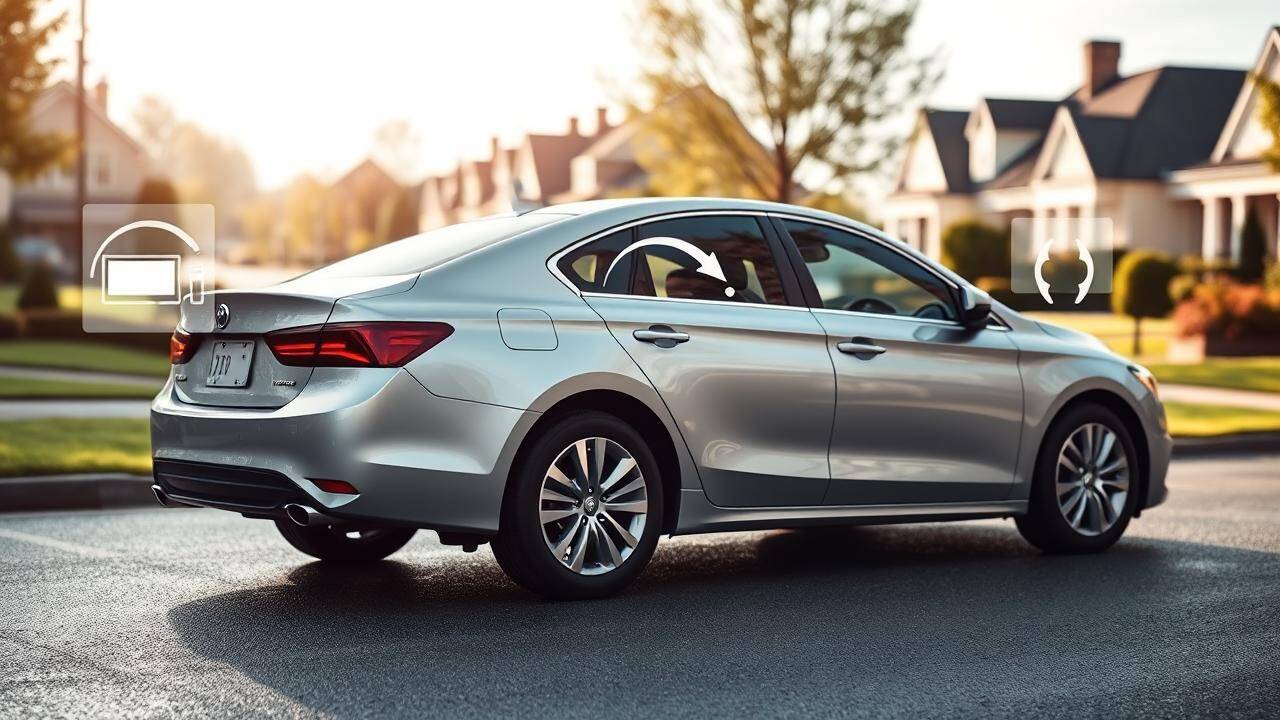How to Improve Fuel Efficiency in Petrol and Diesel Cars
With rising fuel prices and increasing environmental concerns, improving your car’s fuel efficiency has become more important than ever. Whether you drive a petrol or diesel vehicle, following a few smart practices can help you make the most of every litre. A well-maintained car not only consumes less fuel but also delivers better performance and longevity.

1. Maintain the Right Tyre Pressure
Under-inflated tyres create more rolling resistance, which forces the engine to work harder and consume more fuel. Check your tyre pressure regularly and keep it at the manufacturer’s recommended level. Even a slight drop in pressure can reduce mileage significantly.2. Avoid Aggressive Driving
Rapid acceleration, sudden braking, and high-speed driving all burn extra fuel. Smooth and steady driving helps the engine run efficiently. Experts recommend maintaining a constant speed whenever possible. "Gentle on the pedal saves at the pump" is a saying every driver should remember.3. Service Your Car Regularly
A well-serviced car is a fuel-efficient car. Replacing air filters, spark plugs, and engine oil at recommended intervals ensures the engine performs at its best. Regular servicing also helps identify small problems before they become costly issues that affect mileage.4. Limit Idling Time
Idling wastes fuel and contributes to pollution. If your car is stationary for more than a minute, it’s better to switch off the engine. Modern cars are designed to restart easily and consume less fuel when restarted compared to prolonged idling.5. Use the Right Engine Oil
Using the correct grade of engine oil reduces internal friction and improves fuel economy. Always refer to your car’s manual to know which oil suits your engine type best. Low-quality or incorrect oil can harm both performance and efficiency.6. Keep Windows Closed at High Speed
Driving with windows open increases air drag, especially on highways. This forces the engine to use more fuel to maintain speed. At higher speeds, it’s better to use the car’s air-conditioning instead, as it’s more aerodynamically efficient.7. Lighten the Load
Unnecessary weight in the car can reduce mileage. Remove heavy items from the boot and avoid using roof racks unless needed. Every extra kilogram puts additional strain on the engine and reduces efficiency.8. Plan Your Routes Smartly
Traffic jams and frequent stops waste fuel. Using navigation apps to find less congested routes or planning your trips during non-peak hours can help improve mileage. Combining errands into one trip also saves time and fuel.9. Drive in the Right Gear
Driving in too high or too low a gear affects fuel efficiency. Shift gears smoothly and maintain the appropriate RPM range for your vehicle type. Diesel engines generally perform better at lower RPMs, while petrol engines work efficiently at moderate speeds.10. Turn Off Air-Conditioning When Not Needed
Air-conditioners can increase fuel consumption, especially in city driving. Use them wisely by adjusting temperature settings instead of keeping them at the coldest level. Parking in the shade also helps keep the cabin cooler naturally.Next Story